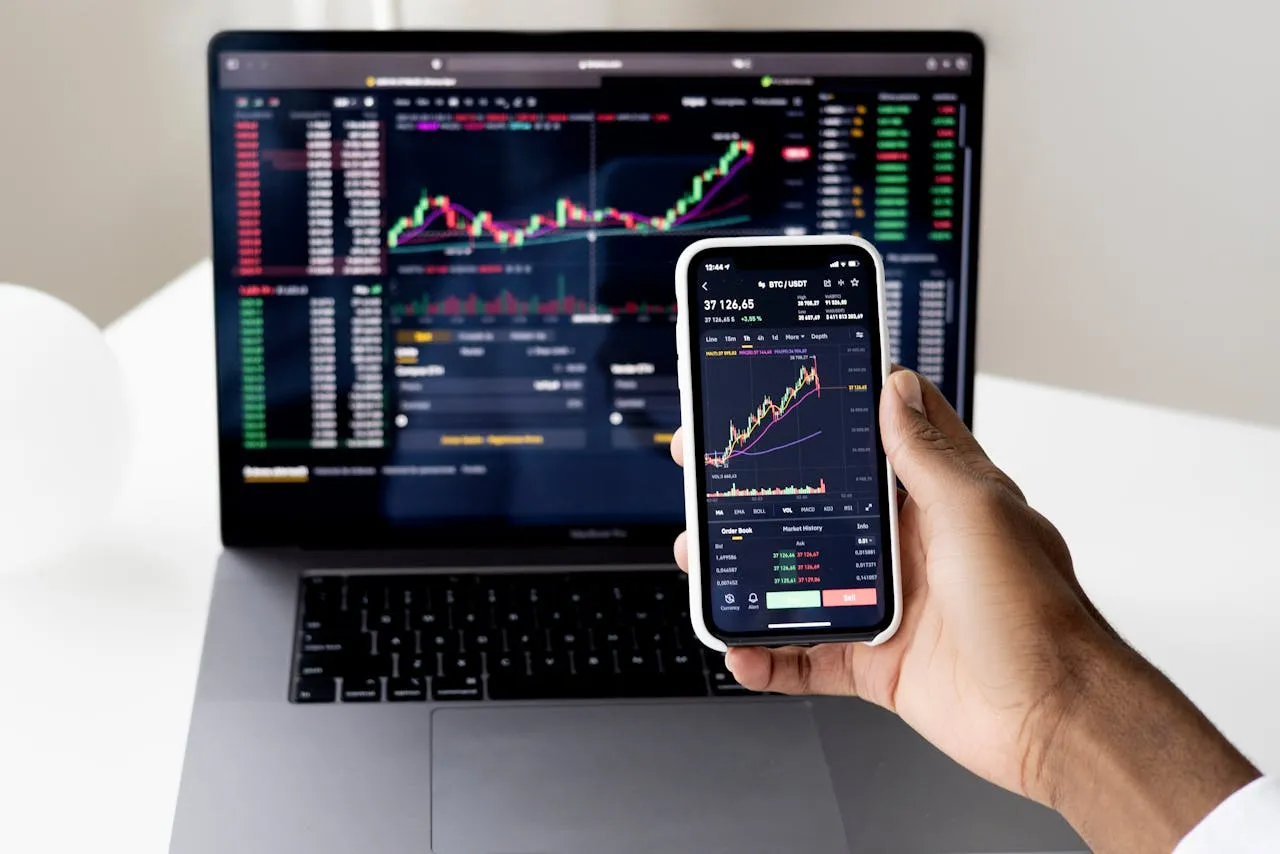
The Lincoln Private Market Index (LPMI), the sole index tracking the enterprise value of U.S. privately held companies, climbed 1.9% in the second quarter of 2024, reaching a new peak. This growth, as with most periods since the index’s launch, was largely driven by strong financial performance rather than an increase in valuation multiples.
“We see that average fixed charge coverage ratios are close to 1.0x, offering little margin for error. For borrowers facing liquidity issues, support from sponsors can often be the only lifeline,” said a representative.
In comparison to public markets, the S&P 500 experienced a 4.5% rise in enterprise value quarter-over-quarter, surpassing the LPMI. However, excluding the “Magnificent Seven” stocks, the S&P 500’s enterprise value actually declined by 0.7% due to multiple contractions, indicating that private markets may have outperformed much of the public market this quarter.
The year 2024 has seen a bifurcation in private market performance: robust firms are thriving while a smaller group of underperformers are struggling. The disparity in loan spreads, defaults, liquidity, and sponsor support is pronounced. High-performing companies are benefiting from favorable performance trends, ample liquidity, and supportive sponsors, leading to better borrowing terms. In contrast, weaker performers are struggling, unable to capitalize on the positive market trends observed in the first half of the year.
Leverage buyout volumes remained lower than historical highs in Q2 2024, and EBITDA purchase price multiples decreased from 11.5x in the second half of 2023 to 11.1x in the first half of 2024. This remains significantly below the peak of 13.2x in Q4 2021. Despite the decline, EBITDA growth in most tracked industries, except consumer, was higher in the first half of 2024 compared to 2021, suggesting that the stagnation in deal volume is more a reflection of market uncertainty than of poor performance.
The decrease in purchase price multiples could be attributed to the changing industry mix of new deals. TMT and healthcare sectors, which historically command higher multiples, saw a greater decline in buyout activity compared to the industrial sector. In Q4 2021, 33% of buyout transactions were in TMT and healthcare, while only 18% were in the first half of 2024.
Slowing Growth Still Above Historical Norms
For the first time since Q3 2023, the percentage of companies showing LTM EBITDA growth dropped from the previous quarter. In Q2, 61.3% of companies in the LPMI demonstrated EBITDA growth, down from 62.7% in Q1. However, this figure still surpasses the 58.7% average since 2019, indicating robust growth overall. Year-over-year, LTM EBITDA grew by 5.3% in Q2 2024 compared to 5.6% in Q1 2024, remaining above the 3.9% historical average. Revenue growth trends were stable, with consistent percentages and magnitudes of growth quarter-over-quarter.
Among tracked industries, consumer sectors showed the weakest growth, with revenue and EBITDA growth at 3.1% and 2.7%, respectively.
Steve Kaplan, Neubauer Distinguished Service Professor of Entrepreneurship and Finance at the University of Chicago Booth School of Business, noted, “Despite a slowdown in revenue growth since 2022, EBITDA has continued to rise due to margin improvements. Businesses are weathering the economic challenges well, as evidenced by the LPMI’s growth despite a contraction in multiples.”
Competition Dominates the Direct Lending Market in 1H 2024
The resurgence of the BSL market, record levels of dry powder in direct lending funds, and limited new buyout activity have heightened competition among direct lenders in Q2 2024. This competition has led to tightening spreads on new originations and reductions in Original Issue Discounts (OIDs). The Lincoln Senior Debt Index (LSDI) saw an increase in the average senior credit mark from 98.4% to 98.6% quarter-over-quarter.
Lenders are keen to retain high-performing credits, often offering tighter spreads to existing borrowers before they reach the open market. In the first half of 2024, Lincoln observed 137 amendments resulting in an average reduction of around 75 bps.
Sponsor Support Remains Crucial
Although still a minority, poorly performing companies have faced operational challenges due to high base rates, lingering inflation effects, and specific missteps. These companies experienced significant mark-to-market write-downs, often due to diminished sponsor support. In the first half of 2024, 7.3% of loans in Lincoln’s database with decreased value saw write-downs exceeding 10%, compared to 5.5% in the previous half-year, highlighting the rapid deterioration in some cases. Ron Kahn, Managing Director and co-head of Lincoln’s Valuations & Opinions Group, emphasized, “Sponsor support can significantly impact the fate of underperforming portfolio companies. With fixed charge coverage ratios near 1.0x, a supportive sponsor is often essential.”
Amendment activity varied between strong and weak performers. While strong companies experienced proactive repricings, amendments for weaker ones focused on resolving covenant defaults and extending maturities. Interestingly, Lincoln’s size-weighted default rate decreased from 2.7% in Q1 2024 to 2.6% in Q2 2024, although the instance-weighted default rate rose from 6.0% to 7.5%. The increase in defaults was particularly pronounced among smaller companies with EBITDA below $10 million.
The higher default rates among smaller operators could be due to stricter covenants. Lincoln observed a negative correlation between EBITDA size and covenant headroom. Companies with EBITDA between $0 and $10 million had an average leverage cushion of just 1.4x, compared to 3.0x for companies with EBITDA over $100 million. The higher covenant pressure on smaller businesses contributed to increased defaults and sponsor support activity.
Lincoln’s Database Validation
A recent study led by an Assistant Professor of Finance at Penn State University’s Smeal College of Business confirmed the reliability of Lincoln’s private company database, noting its significant and statistically reliable data compared to other major U.S. private debt databases.
“We are pleased that Lincoln’s Private Market Index and proprietary database continue to provide crucial benchmarking intelligence for private market participants,” said Ron Kahn. “Our data is recognized for its accuracy and value by major asset managers, research analysts, and institutional investors.”
About the Lincoln Private Market Index & Lincoln Senior Debt Index
The LPMI tracks the enterprise value changes of U.S. privately held companies, primarily those owned by private equity firms. It offers benchmarking against public markets and tracks approximately 1,500 private companies with less than $250 million in annual earnings.
The LSDI, launched in 2020, provides insights into the private credit market, tracking the total return, price, spread, and yield of private credit securities. Both indices are developed using data from Lincoln’s extensive network and methodologies validated by leading academics.





